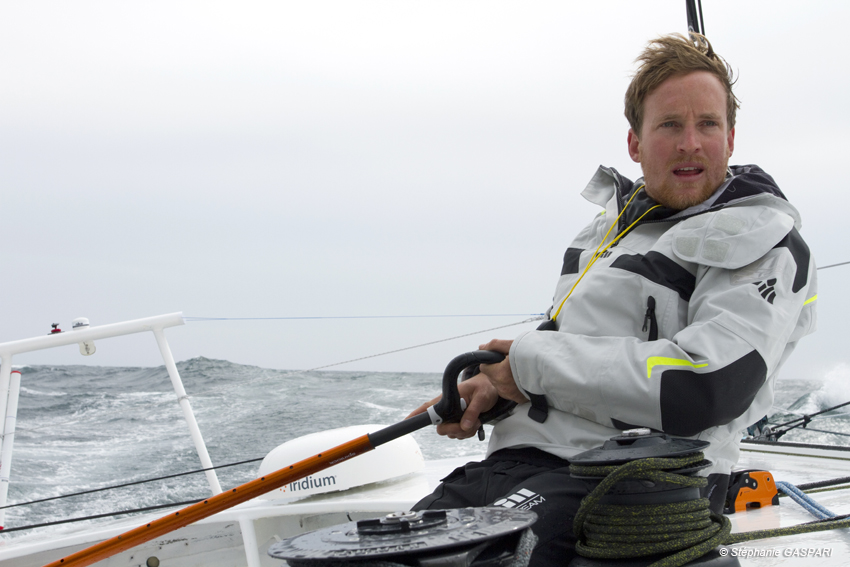Wind Conditions: The Best Don't Care
Posted by gill_admin on 6th Oct 2016
Andy Rice follows from his post on weather apps and discusses why most of us have our favourite wind condition, the very best just don’t care.
Goldilocks would never have cut it as a sailor. For the girl who could only eat porridge that was neither too cold nor too hot, but only ‘just right’, she wouldn’t have coped too well with the unpredictable challenges of sailing, not least the unyielding carbon-fibre pipe cot on an offshore racing boat which she would doubtless have dismissed as ‘too hard’. On that point at least, I think we could agree with Goldilocks.
What makes sailing great is the diversity of skills required. Going sailing in a light-wind drifter or heading out into the teeth of a gale: which do you prefer? They might as well be two different sports. Pretty much every sailor (and maybe even Goldilocks) enjoys going out in a pleasant Force 2 to 3, when the boat is behaving and giving you a nice turn of speed without having to put in much effort. But I’m guessing that when it comes to light or strong winds, you have one that you like and one that you like less.
Sailing in light winds is like a game of chess, with time to ponder the next move as you try to move - cat-like - around the boat without disturbing the gentle motion of the hull through the water or shaking the wind out of the sails. Strong winds is more like a full-on battle, a sometimes brutal and always physical challenge. It’s understandable that one condition is likely to suit us better than another.
It’s why there are very few true all-rounders in the sport, too. But this is what defines the champions, the sailors that can adapt to any situation and relish the challenge, no matter what shape or form it takes. Some professionals - America’s Cup winning skipper Jimmy Spithill comes to mind - have to win all the time at whatever they’re doing, even if it’s a race to beat his mates to the airport. While that level of competitiveness might seem ridiculous to most of us, it means the mind is always homing in on ways of solving the problem, of how to do something more efficiently, quicker, smarter, with less energy expended, whatever the challenge requires.

The conditions that I struggle with are light airs. I’ve been good at them in different boats at different times in my sailing career, but it’s hard been hard to summon up the enthusiasm in recent years. However, it is getting better, and the sailor that I think about when I’m looking for that enthusiasm in the face of a drifter, is Nick Rogers. With crew Joe Glanfield, the British 470 sailor won two silver medals at the Athens and Beijing Olympics. Qingdao, the venue on the Chinese coastline in 2008, was predicted to be extremely light and very tidal. The sailors were preparing accordingly, starving themselves and skinnying down to size zero in order to be as light and as fast as possible in a drift-off. A lot of sailors were understandably not that enamoured with the prospect, and didn’t mind telling you so. But not Nick. “Light and lovely” was his motto for Qingdao, figuring that the only way you were going to win a medal in China was if you learned to fall in love with the expected conditions.
So the next time you find yourself looking at the forecast or looking out at the water and cussing what you see, turn it around in your mind and see if you can find a way of looking forward to the conditions rather than wishing they were something else.
Andy Rice is a successful sailor who started his career in journalism in 1992. He writes write regular columns for Seahorse, ShowBoats International, Yachts & Yachting and Boat International.

